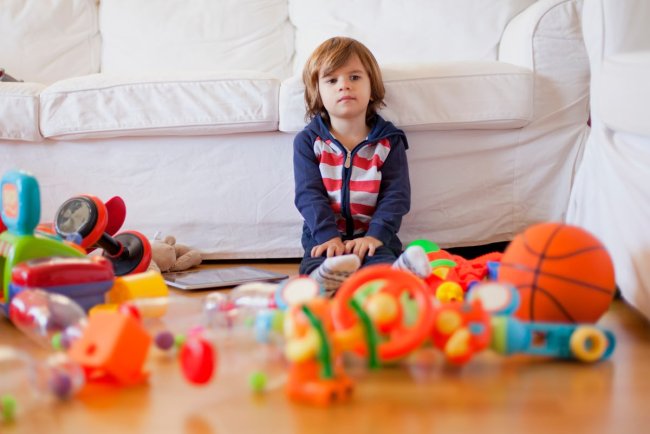How to Foster Independence in Children: Real-Life, Heartfelt Ways to Raise Confident Kids
Parenting often feels like a full-on circus act. Some days you’re juggling snacks, homework, laundry, bedtime stories, and a meltdown or two—all while trying to keep your own sanity intact. Indeed, it can be gratifying to act like a superhero and take care of all your child's needs before they even ask. The reality is that, although it may feel good in the moment, our true role as parents is to gradually help them learn to stand on their own two feet.

They should not be thrown into the deep end without a float, though. It entails locating the ideal balance between your affection and support and their developing independence. When we intervene too soon, children may begin to feel powerless. However, they start to gain genuine confidence when we give them the freedom to attempt (and occasionally fail).
How, however, can you bring up a child who feels both capable and safe? Let us divide it into manageable chunks.
1.Allow them to experience small moments of being "big kids."

Do you recall how liberating it was to do anything on your own as a child?
Those little wins feel huge to kids—and they’re the foundation of independence.
Ways to let kids practice independence:
Let them pick their outfit for the day—even if it means stripes with polka dots.
Teach them to make a simple snack like fruit, cereal, or toast.
Encourage them to speak directly to the waiter when ordering food.
When they ask a question, like “What does this word mean?
Give them the chance to “help” a younger child by playing or watching while you finish up a task.
These tiny things may seem small, but to kids, they’re practice runs for bigger challenges later.
2. Make Chores Part of Daily Life (Not Punishment)
Chores get a bad rap, but really, they’re just life skills in disguise. When kids take on responsibilities, they’re learning more than how to sweep or set the table—they’re learning they’re capable, useful, and trusted.
And guess what? You can start way earlier than you might think.
Chore ideas by age:
Ages 2–3: Toss toys back into the basket, help wipe spills.

A simple system that works:
Pay a small amount for each chore.
Make use of three jars or containers: Give, Spend, and Save.
Save: Instills goal-setting and patience.
Spend: Gives kids the opportunity to experience making decisions ("Is this toy worth it?").
Give: Promotes generosity and giving to others.
Children can learn life lessons that can last a lifetime with even a tiny allowance.
The Big Picture: Love and Independence
The problem is that children grow up quickly. You are helping them fasten their jacket one minute, and then they are requesting the car keys. It is quite tempting to cling on. However, each time you take a backseat and let them work things out, you are sending them a strong message: I have faith in you.
Pushing them away is not the same as encouraging independence. It means walking beside them letting them wobble, cheering for their efforts, and holding space for the mistakes that teach the most.
Because in the end, independence isn’t just about snacks, chores, or allowance—it’s about raising a child who truly believes, deep down, “I can do this.”
And that? That’s the greatest gift you’ll ever give them.
What's Your Reaction?




















